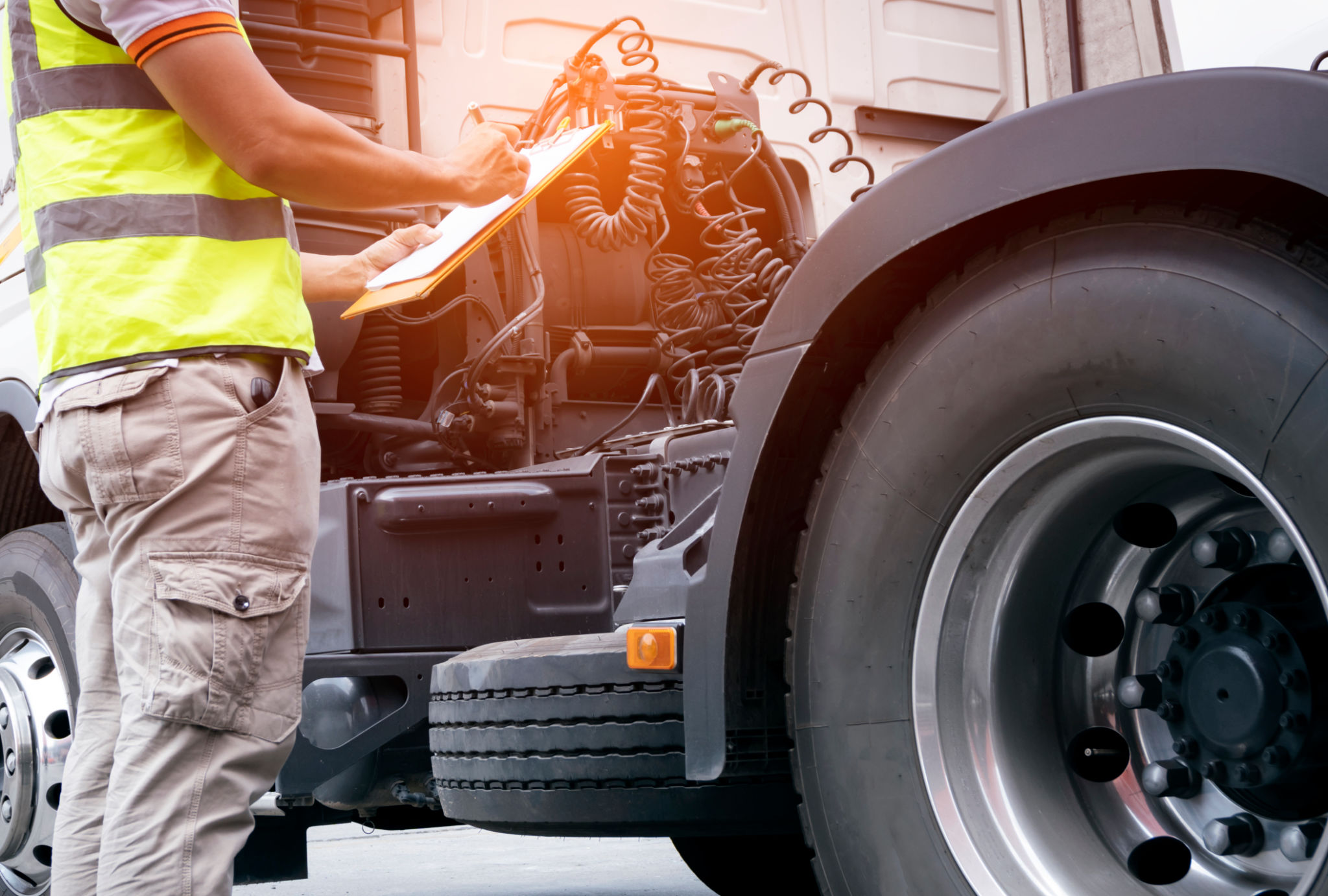Understanding the Regulatory Landscape for Trucking in Vancouver, WA
Introduction to Trucking Regulations in Vancouver, WA
The trucking industry in Vancouver, WA is a vital component of the local economy, ensuring the smooth transportation of goods across the region. However, navigating the complex regulatory landscape can be challenging for trucking businesses. Understanding these regulations is crucial for compliance and maintaining efficient operations.

Federal vs. State Regulations
Trucking regulations in Vancouver are governed by both federal and state laws. The Federal Motor Carrier Safety Administration (FMCSA) sets nationwide standards that all commercial truck drivers must follow, such as hours of service, vehicle maintenance, and driver qualifications. However, each state, including Washington, can implement additional rules that further dictate operations within their borders.
In Washington, the Department of Licensing (DOL) and the Washington State Patrol (WSP) play critical roles in enforcing state-specific regulations. Trucking companies must stay informed about both sets of laws to ensure full compliance and avoid hefty fines or penalties.
Key Compliance Requirements
One of the primary compliance requirements for trucking companies in Vancouver is obtaining the correct permits and licenses. This includes commercial driver's licenses (CDLs) for operators and special permits for oversized or hazardous loads. Regular vehicle inspections are mandatory to ensure safety and adherence to environmental standards.

Additionally, businesses need to comply with weight limits on roads and bridges. Overloaded trucks can lead to significant fines and damage to infrastructure. Keeping up with the latest changes in weight restrictions is essential for avoiding disruptions in operations.
Environmental Considerations
Environmental regulations are another critical aspect of the trucking industry in Vancouver. The state has stringent emissions standards aimed at reducing air pollution. Trucking companies must invest in cleaner technologies and fuel-efficient practices to meet these requirements.
Moreover, Washington offers incentives for adopting green technologies, such as tax credits and grants for purchasing eco-friendly vehicles. Staying ahead of these regulations not only ensures compliance but also enhances a company's reputation as an environmentally responsible business.

Staying Informed and Prepared
Given the dynamic nature of trucking regulations, staying informed is crucial for businesses operating in Vancouver. Regularly attending industry workshops and seminars can provide valuable insights into upcoming regulatory changes and best practices.
Engaging with local trucking associations can also be beneficial. These organizations often advocate for industry-friendly policies and provide resources to help businesses navigate the regulatory landscape effectively.
Conclusion
Understanding the regulatory landscape for trucking in Vancouver, WA is essential for maintaining compliance and ensuring smooth operations. By staying informed about both federal and state regulations, investing in environmentally friendly practices, and participating in industry networks, trucking companies can successfully navigate these challenges and thrive in a competitive market.